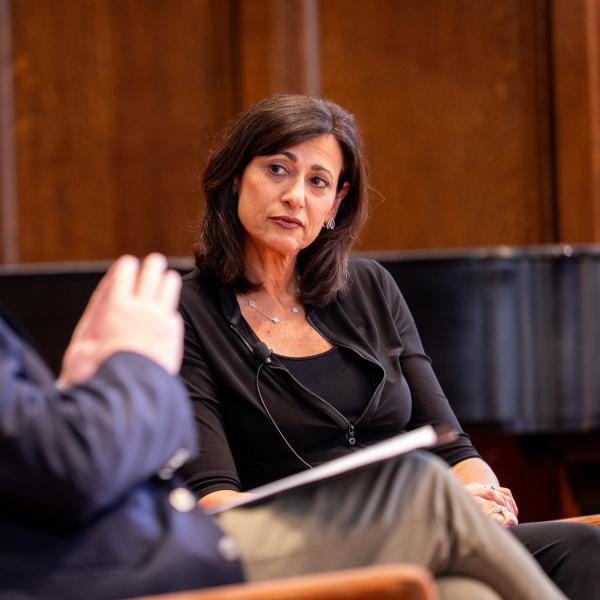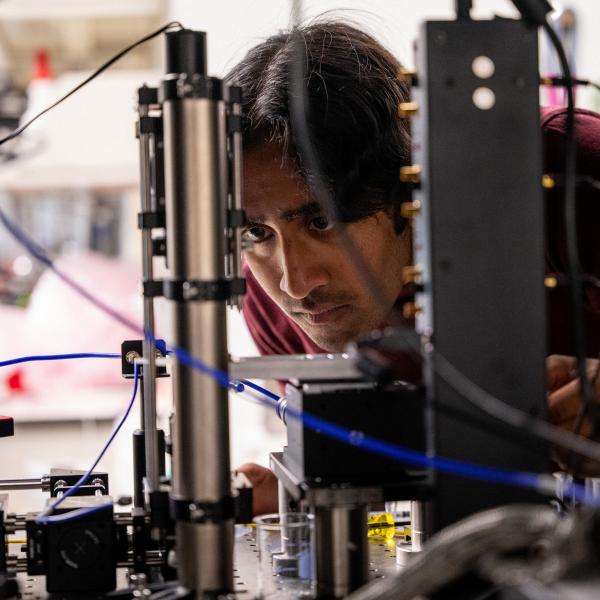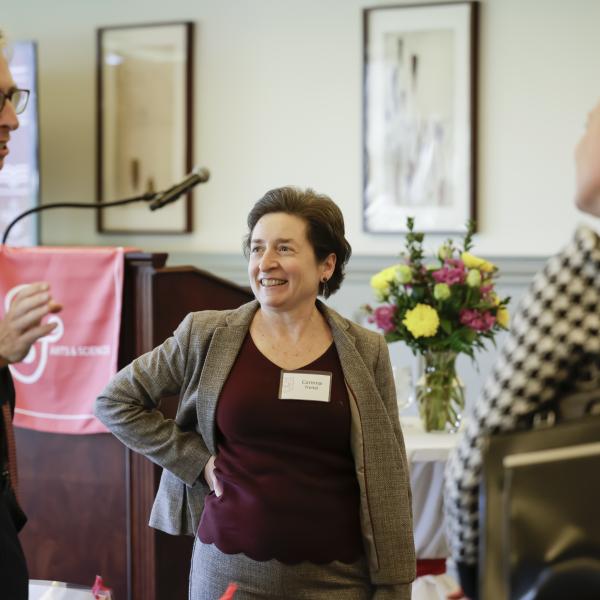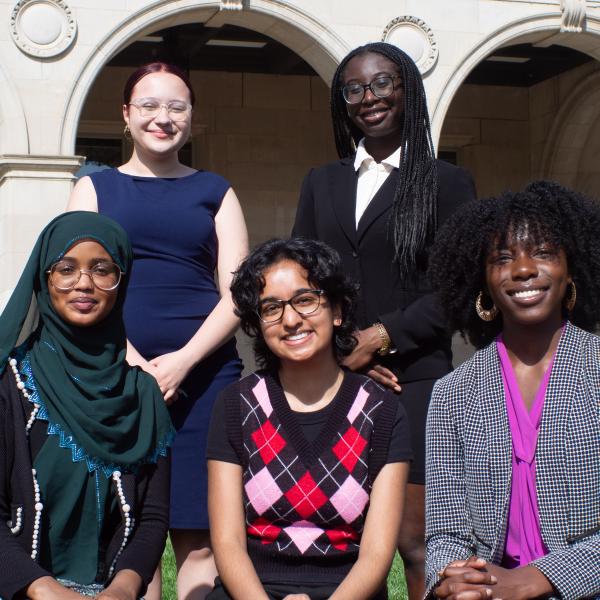First-year doctoral student, Rohit Gupta, can now add another award to his list of accomplishments. He is the recipient of India’s prestigious “Budding Innovators Award” for his undergraduate research in aerospace innovation published in Royal Society of Chemistry Advances. He was shocked but quite honored when he found out he won. “I wasn’t expecting it since I applied two years back and hadn’t heard from them. I was very pleased. It was a very humbling moment for me,” he says.
His mentor, Parag Banerjee, is quite pleased as well. “I am extremely glad that Rohit was awarded this recognition by the Government of India. This is a testament to Rohit’s potential as a researcher,” says Banerjee who is an assistant professor of mechanical engineering and materials science in the School of Engineering & Applied Science.
After meeting Banerjee at a conference in Mumbai, India, Gupta enrolled in the Institute for Materials Science and Engineering at Washington University to study under him and grow as a researcher. “I was attending a conference, and Professor Banerjee was giving a presentation on the same topic I’m researching right now. He’s working on very cool projects which are mainly based on solar energy application. And I wanted to work in that direction. I immediately talked to him about that. I got to know more, and I applied to Wash U.”
Like most innovators, Gupta wants to make the world better and improve our future. Although Gupta’s award-winning undergraduate research focused on material science, his current research focuses on clean energy. For him, creating sustainable sources of energy is imperative in today’s society.
“In my perspective, the biggest issue we as humans are facing, is an energy crisis. We need to have a sustainable source of energy because we cannot rely on fossil fuels. Fossil fuels have done a lot of the global warming and it’s not healthy for us. We need to focus on getting some other energy resources that are coming out of nature. And the sun is the biggest energy resource for us.”
Regardless of the project, Gupta begins with the end in mind. “Rohit combines hard work with a creative instinct,” says Banerjee. “I have seen him demonstrate this trait in my lab as he works on a National Science Foundation funded industrial project that has the potential to lower manufacturing costs for future solar cells. Rohit has made impressive progress in our ability to achieve this goal.”
The sole purpose of Gupta’s current research is to make solar energy affordable for everyone. He believes if the price can be greatly reduced, those in underdeveloped countries would be more willing to embrace it. “We want to make solar panels cheaper, as cheap as possible, so that the cost is equal to a halogen bulb or the light bulbs that people buy all the time,” says Gupta. “If it is that cheap, then people are going to buy it.”
By Layla Souers




Leave a Comment:
0 Comments